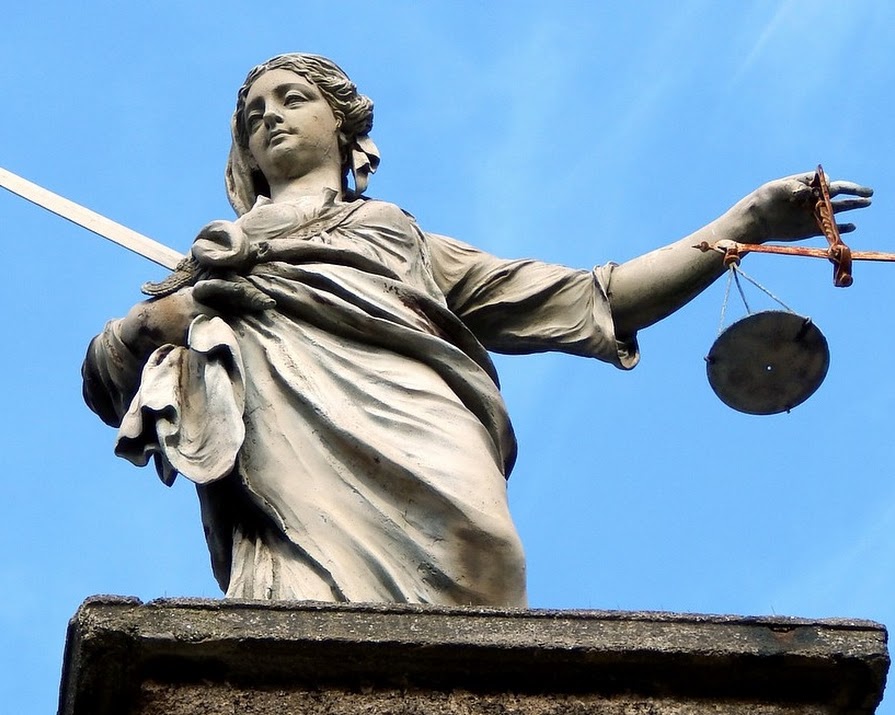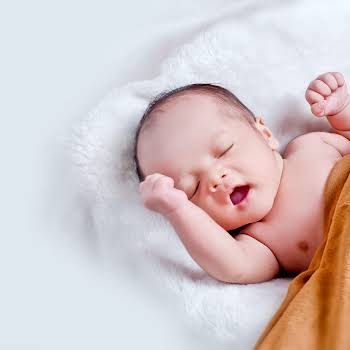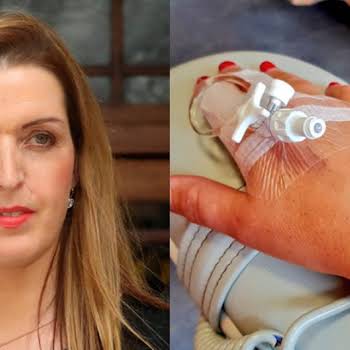‘Sheer horror’: Irish woman shares her experience of racism in Ireland’s Mother and Baby Homes
By Grace McGettigan
24th Feb 2020
24th Feb 2020
A leaked confidential report by the Collaborative Forum on Mother and Baby Homes highlights the severity of discrimination against women and children of mixed-race families in Ireland
Rosemary Adaser is one of the many women to experience years of “physical, emotional and sexual abuse” in Ireland’s mother and baby homes. Unlike many of the stories we’ve heard before, her experience also includes years of racial discrimination.
Now aged 64, Rosemary was born to a white Irish mother in 1956, while her father was a doctor from Ghana in West Africa. As a member of the Collaborative Forum on Mother and Baby Homes, she is speaking out about her experience of systemic discrimination of mixed-race families in State-owned institutions.
It comes after a confidential report by the Collaborative Forum on Mother and Baby Homes was leaked this weekend. While the report was completed in 2018, it was not made public on the advice of the Attorney General.
‘Sheer horror’
Speaking on RTÉ’s Morning Ireland, Rosemary said, “It was unmitigated hell. I was very isolated. I was subjected to extraordinary racism, which began in the mother and baby home. I entered the mother and baby home very healthy, with UK social workers saying I was good enough for adoption.” However, that never happened.
Instead, Rosemary was sent to stay with an elderly, un-vetted couple who were “looking for income” in their old age. “They treated me horribly,” Rosemary recalls. “The woman used to whip me with thorn bushes, and I was eventually returned, absolutely damaged, to the care of the mother and baby home.
“I was then packed off to an industrial school, where I spent 10 years of sheer horror. I was the only mixed-race girl within the whole county. The isolation was terrible. The abuse I got was terrible. All kinds of abuse: it was physical, emotional, sexual, starvation, neglect, bullying, you name it. And there was nobody there to protect me because I wasn’t white. That was drilled into me every single day and night.
“In some cases, the nights were the worst,” Rosemary said, “because during the day I could at least try and run away from my oppressors. During the night, I was confined.”
‘I didn’t even know I was pregnant’
Rosemary said she then became pregnant – but she didn’t realise she was pregnant because, “like every Irish girl, we weren’t taught the facts of life”. It was only when she was returned to the mother and baby home that she found out and was asked, “how many children have you had?”
“And then my child was forcibly removed from me when he was 21 days old,” she said. “I had no say in the matter.” Despite the fact that the child’s father said he would marry her, and despite the fact that his mother said she’d take care of all of them, the baby was taken and sent to live with another family entirely. “My rights were completely ignored – and that was it.”
It was only through the help of some Irish families that Rosemary said she managed to retain her sanity. They helped her get a plan together to “get the hell out of Ireland”.
‘Sub-human’
Rosemary went on to say that she is not the only one to experience racial trauma in Ireland’s mother and baby homes.
When the State issued an apology to those affected in institutions – and issues of race weren’t addressed at all – Rosemary said she started to make some enquiries. “And what became very clear to me,” she said, “was that the treatment I received was almost identical to all the mixed-race children and mixed-race mothers in these institutions. It didn’t matter whether you were in Galway, Limerick, Dublin, Wexford, Cork – the similarity of experiences was so striking that you could only assume there was a policy of segregation and racism directed at mixed-race Irish families within Irish State institutions.”
She added that her colour was listed under the ‘defects’ section of her admission notes and medical files. “We know we were segregated into what was known as the ‘reject ward’, and we know that our identities were erased. Those of us with African names were given Irish names.” Rosemary also said she and all other mixed-race families were treated as “sub-human” and “inferior”.
Speaking on Morning Ireland, Rosemary said it’s “critical” that people understand the realities of what happened to mixed-race families in these institutions; that her experience (and the experiences of others) are made known.
“It’s about ensuring the history of all survivors is not eradicated from Irish history,” she said.
Photo: Pexels























